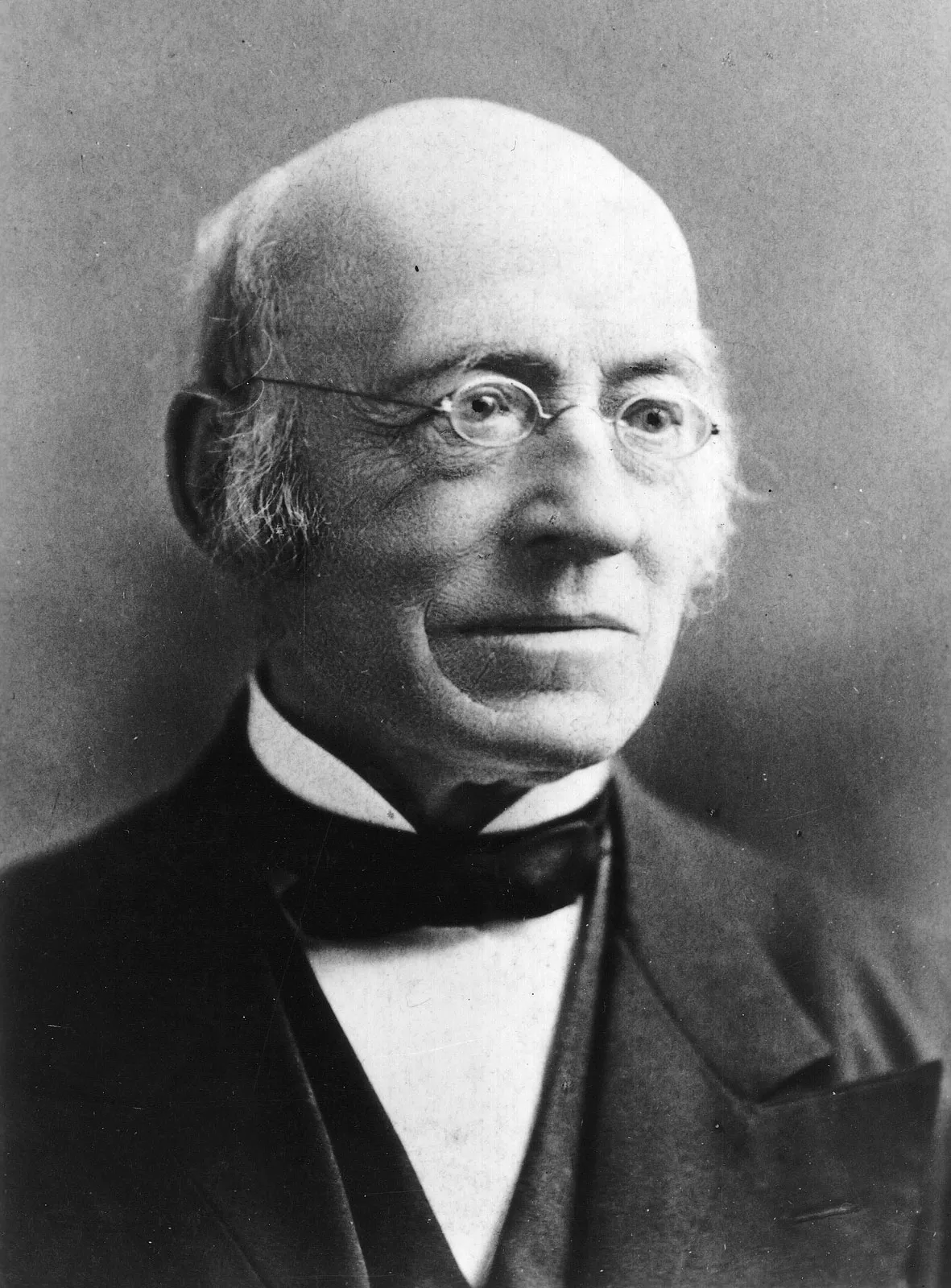On January 1, 1831, William Lloyd Garrison published the inaugural editorial of The Liberator, a radical abolitionist newspaper that would become a central voice in the movement to end slavery in the United States. In this bold and uncompromising declaration, Garrison announced his commitment to the immediate emancipation of enslaved people, rejecting the gradualist approach that had previously gained some acceptance in abolitionist circles. With fiery language, Garrison condemned the pervasive apathy and opposition to abolition, vowing to challenge both Northern and Southern complicity in slavery. His editorial laid the foundation for the relentless activism that The Liberator would champion for over three decades, making it one of the most influential publications in the fight for freedom and equality.
William Lloyd Garrison: Inaugural Editorial in The Liberator
by William Lloyd Garrison
Boston, MA. January 1, 1831
To the Public
… During my recent tour for the purpose of exciting the minds of the people by a series of discourses on the subject of slavery, every place that I visited gave fresh evidence of the fact, that a greater revolution in public sentiment was to be effected in the free states -- and particularly in New-England -- than at the south. I found contempt more bitter, opposition more active, detraction more relentless, prejudice more stubborn, and apathy more frozen, than among slave owners themselves. Of course, there were individual exceptions to the contrary. This state of things afflicted, but did not dishearten me. I determined, at every hazard, to lift up the standard of emancipation in the eyes of the nation, within sight of Bunker Hill and in the birth place of liberty. That standard is now unfurled; and long may it float, unhurt by the spoliations of time or the missiles of a desperate foe -- yea, till every chain be broken, and every bondman set free! Let southern oppressors tremble -- let their secret abettors tremble -- let their northern apologists tremble -- let all the enemies of the persecuted blacks tremble.
I deem the publication of my original Prospectus unnecessary, as it has obtained a wide circulation. The principles therein inculcated will be steadily pursued in this paper, excepting that I shall not array myself as the political partisan of any man. In defending the great cause of human rights, I wish to derive the assistance of all religions and of all parties.
Assenting to the “self-evident truth” maintained in the American Declaration of Independence, “that all men are created equal, and endowed by their Creator with certain inalienable rights -- among which are life, liberty and the pursuit of happiness,” I shall strenuously contend for the immediate enfranchisement of our slave population. In Park-street Church, on the Fourth of July, 1829, in an address on slavery, I unreflectingly assented to the popular but pernicious doctrine of gradual abolition. I seize this opportunity to make a full and unequivocal recantation, and thus publicly to ask pardon of my God, of my country, and of my brethren the poor slaves, for having uttered a sentiment so full of timidity, injustice and absurdity. A similar recantation, from my pen, was published in the Genius of Universal Emancipation at Baltimore, in September, 1829. My conscience is now satisfied.
I am aware, that many object to the severity of my language; but is there not cause for severity? I will be as harsh as truth, and as uncompromising as justice. On this subject, I do not wish to think, or speak, or write, with moderation. No !no !Tell a man whose house is on fire, to give a moderate alarm; tell him to moderately rescue his wife from the hand of the ravisher; tell the mother to gradually extricate her babe from the fire into which it has fallen; -- but urge me not to use moderation in a cause like the present. I am in earnest -- I will not equivocate -- I will not excuse -- I will not retreat a single inch -- AND I WILL BE HEARD. The apathy of the people is enough to make every statue leap from its pedestal, and to hasten the resurrection of the dead.
It is pretended, that I am retarding the cause of emancipation by the coarseness of my invective, and the precipitancy of my measures. The charge is not true. On this question my influence, -- humble as it is,-- is felt at this moment to a considerable extent, and shall be felt in coming years -- not perniciously, but beneficially -- not as a curse, but as a blessing; and posterity will bear testimony that I was right. I desire to thank God, that he enables me to disregard “the fear of man which bringeth a snare,” and to speak his truth in its simplicity and power. And here I close with this fresh dedication:
“Oppression ! I have seen thee, face to face,
And met thy cruel eye and cloudy brow;
But thy soul-withering glance I fear not now --
For dread to prouder feelings doth give place
Of deep abhorrence! Scorning the disgrace
Of slavish knees that at thy footstool bow,
I also kneel -- but with far other vow
Do hail thee and thy hord of hirelings base : --
I swear, while life-blood warms my throbbing veins,
Still to oppose and thwart, with heart and hand,
Thy brutalising sway -- till Afric’s chains
Are burst, and Freedom rules the rescued land, --
Trampling Oppression and his iron rod :
Such is the vow I take -- SO HELP ME GOD !”

